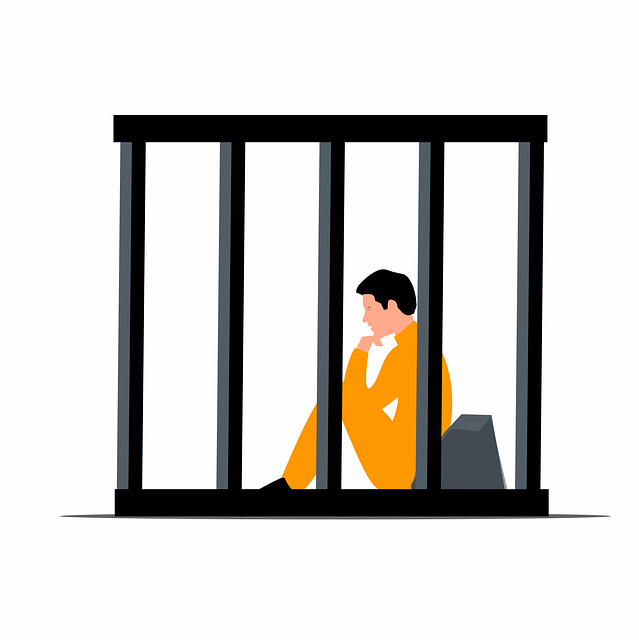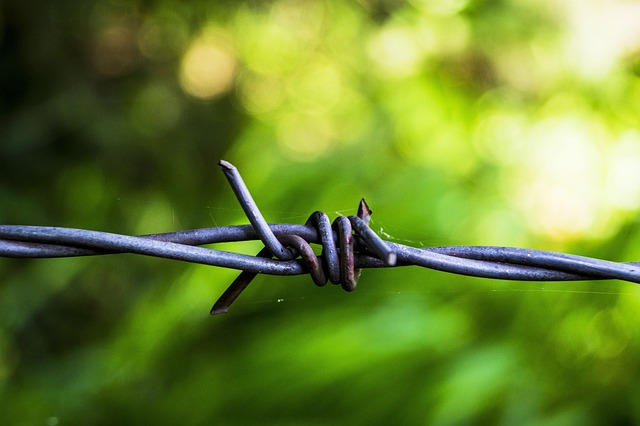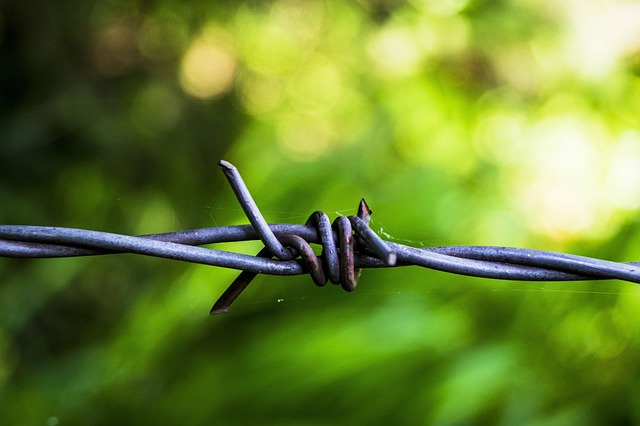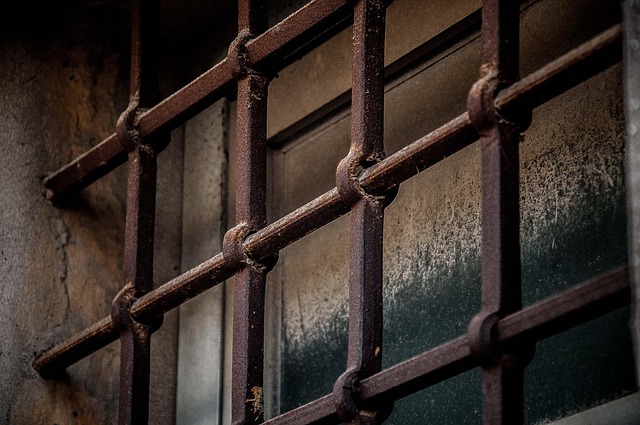Rural vs Urban DUI Legislation presents a significant challenge in teen rehabilitation. Urban areas, with stricter laws and robust support systems like education and transportation, contrast rural regions' limited resources and lower enforcement. This disparity demands tailored legal approaches and community-specific rehabilitation programs to address unique challenges. Despite differences, successful rehabilitation stories prove holistic care, including therapy and skill-building workshops, can empower teens for long-term resilience across varying legal landscapes.
- Understanding Teen DUI: A Growing Concern in Rural and Urban Areas
- The Impact of Legislation: Comparing Rural and Urban DUI Laws
- Challenges in Rehabilitation: Unique Barriers for Teens in Different Settings
- Effective Rehabilitation Strategies: Tailoring Support for Rural vs Urban Teens
- Community Engagement: Building Support Networks for Teen Recovery
- Long-term Success Stories: Overcoming Challenges with Comprehensive Care
Understanding Teen DUI: A Growing Concern in Rural and Urban Areas

Teen DUI, or driving under the influence, is a pressing issue affecting both rural and urban areas alike. The consequences are severe, impacting not only the teenager but also their family and community. In recent years, this problem has gained significant traction, highlighting the need for comprehensive rehabilitation programs tailored to young drivers. Rural and urban communities face distinct challenges when it comes to DUI legislation. While urban areas may have more established support systems and stricter laws, rural regions often struggle with limited resources and unique barriers to enforcement.
The gap in legislation between rural and urban settings is a critical factor contributing to the growing concern of teen DUI. Strict urban laws, which include harsher penalties and increased police presence, contrast with the more lenient approaches in rural communities, where lack of enforcement and less stringent regulations may lead to higher rates of underage drinking and driving. Addressing this disparity is essential for creating a consistent and effective strategy to combat teen DUI nationwide.
The Impact of Legislation: Comparing Rural and Urban DUI Laws

The interplay between legislation and teen rehabilitation, specifically in the context of DUI (Driving Under the Influence), highlights a significant divide when comparing rural and urban areas. Rural regions often have stricter DUI laws, emphasizing harsher penalties for offenders. These laws are designed to deter drinking and driving in communities where access to public transportation may be limited, potentially forcing residents to rely on their own vehicles. In contrast, urban centers tend to adopt more nuanced approaches, focusing on rehabilitation programs alongside strict penalties. This difference underscores the need to tailor legal strategies to fit diverse community needs, ensuring effective teen rehabilitation back on track.
The gap between rural and urban DUI legislation reflects broader societal and economic disparities. Urban areas, with their robust public transit systems, may offer alternative solutions beyond punishment, such as education and support groups. In contrast, rural communities might require more intensive intervention due to higher rates of isolation and limited access to resources. Understanding these variations is crucial for creating equitable rehabilitation programs that address the unique challenges faced by teens in both settings.
Challenges in Rehabilitation: Unique Barriers for Teens in Different Settings

Rehabilitation programs designed for teens face unique challenges, especially when considering their distinct needs and environments. One significant factor is the rural-urban divide in legislation and support systems. In urban areas, teens may have better access to resources like specialized treatment centers, peer support groups, and public transportation, which facilitate consistent attendance at sessions. Conversely, rural settings often present barriers such as limited service availability, longer travel distances, and fewer social connections for peer support, hindering regular participation in rehabilitation.
The rural-urban gap in DUI legislation further complicates matters. Urban regions typically have stricter laws with more stringent penalties, potentially deterring teens from engaging in risky behaviors. In contrast, rural areas might have less stringent regulations, which could contribute to a higher perception of risk and make teens less inclined to participate in rehabilitation programs, especially if they feel the program’s benefits are not clearly communicated or personalized for their unique circumstances.
Effective Rehabilitation Strategies: Tailoring Support for Rural vs Urban Teens

Rehabilitation programs designed for teens must adapt to their unique environments and needs, especially when considering the stark differences between rural and urban populations. In rural areas, where communities are often tightly knit and support systems are prevalent, rehabilitation strategies can effectively leverage family involvement and community resources. Group therapy sessions that focus on shared experiences can foster a sense of belonging and accountability among teens, while structured activities that connect them to their environment—like farming or hiking—can reinforce lessons learned in treatment.
In contrast, urban teens face distinct challenges, including higher exposure to substance abuse and a more complex web of social influences. For these individuals, rehabilitation programs must be robust enough to address environmental factors such as limited access to support networks and greater exposure to stress. Urban-focused strategies might include increased individual therapy sessions tailored to personal struggles, skills training for navigating urban life, and community outreach initiatives that engage teens in meaningful ways. Balancing the needs of rural and urban teens through tailored interventions ensures more effective rehabilitation outcomes. This approach aligns with the evolving understanding of DUI legislation, which now considers individualized sentencing based on mitigating circumstances, reflecting a shift towards more compassionate and contextually aware justice systems.
Community Engagement: Building Support Networks for Teen Recovery

In rural and urban communities alike, community engagement plays a pivotal role in teen rehabilitation. For teens facing recovery from substance abuse or other challenges, building support networks can significantly enhance their chances of success. Urban areas often boast more diverse and readily accessible resources, such as specialized treatment centers, peer groups, and community outreach programs. However, rural communities also possess unique strengths; they tend to have closer-knit relationships and a stronger sense of collective responsibility, which can foster a supportive environment for vulnerable teens.
When it comes to addressing Rural vs Urban DUI Legislation, these differences in community structure and resource availability are pertinent. Effective rehabilitation requires tailored approaches that consider local contexts. In urban settings, stricter legislation might be necessary to curb issues like drunk driving due to higher population densities and more extensive transportation networks. Conversely, rural communities may benefit from educational initiatives and support systems that focus on prevention and early intervention, given their distinct demographic and infrastructural characteristics.
Long-term Success Stories: Overcoming Challenges with Comprehensive Care

In the journey towards teen rehabilitation, long-term success stories offer a beacon of hope. These narratives highlight the transformative power of comprehensive care programs tailored to address the unique challenges faced by young individuals. Many former teens in rehab have gone on to lead productive lives, defying the odds associated with rural vs urban DUI legislation and other adversities. Their stories serve as a testament to the effectiveness of holistic treatment models that combine therapy, education, and skill-building workshops.
Comprehensive care goes beyond addressing immediate substance abuse issues; it equips teens with resilience and coping mechanisms to navigate life’s challenges. This proactive approach acknowledges that rural and urban settings may present distinct barriers to recovery. By tailoring support systems and resources accordingly, rehabilitation centers can ensure that graduates remain on track even after transitioning back into their communities, regardless of the local DUI legislation landscape.






